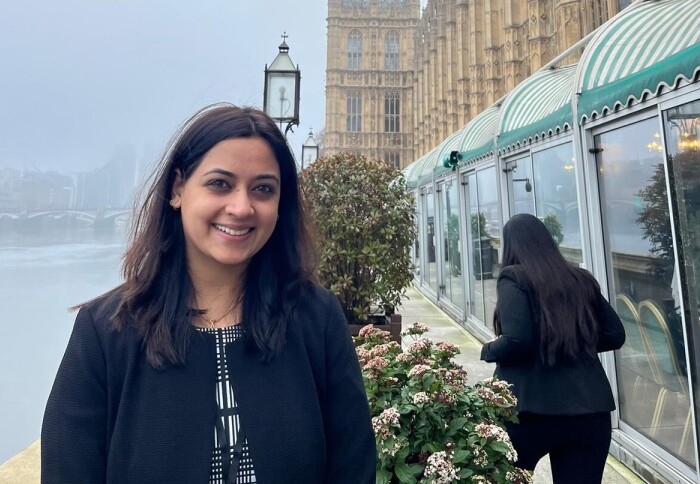
Dr Reshma Rao

As an expert in developing clean energy technologies, Dr Reshma Rao is one of the latest Lecturers to join the Grantham Institute.
After almost four years at Imperial, Dr Rao joins the Institute from Imperial’s Department of Materials, where she is a Royal Academy of Engineering Research Fellow. Before that, she started her work at Imperial in January 2020 as a postdoctoral researcher in the Department of Chemistry after gaining her PhD from Massachusetts Institute of Technology (MIT).
Dr Rao’s PhD research investigated technologies for clean air and clean energy applications such as using catalytical convertors in cars to convert exhaust emissions into less harmful products and producing green hydrogen from water. She quickly realised what a big challenge these technologies present when it comes to critical materials, and that the same can be said for energy conversions technologies, which is where her research is focused now.
We caught up with her to talk about her interests in science, climate and life outside of academia.
Tell us about your research?
I design ways and materials to make valuable fuels and chemicals using renewable energy. An example would be turning water into hydrogen fuel or upcycling waste products into chemicals needed for industry using solar and wind energy. Many such processes require catalysts, which, generally, are materials that speed up or enable very specific, desirable, chemical reactions. In my work, I look at how these catalytic materials operate at the molecular level, why some catalysts fail to work as we intend them to, and how we can best optimise them to make clean energy.
How can your work support the transition to net zero climate emissions?
People commonly imagine hydrogen fuel replacing methane gas in our homes or as fuel for vehicle engines, but its potential impact in the manufacturing sector is underestimated. Steel making and cement production, for example, are massive industries that use lots of energy and are super polluting. ‘Green’ hydrogen – that is hydrogen produced using renewable energy with no emissions and only water as a waste-product - is critical in using these technologies to mitigate climate change and help us reach net zero overall.
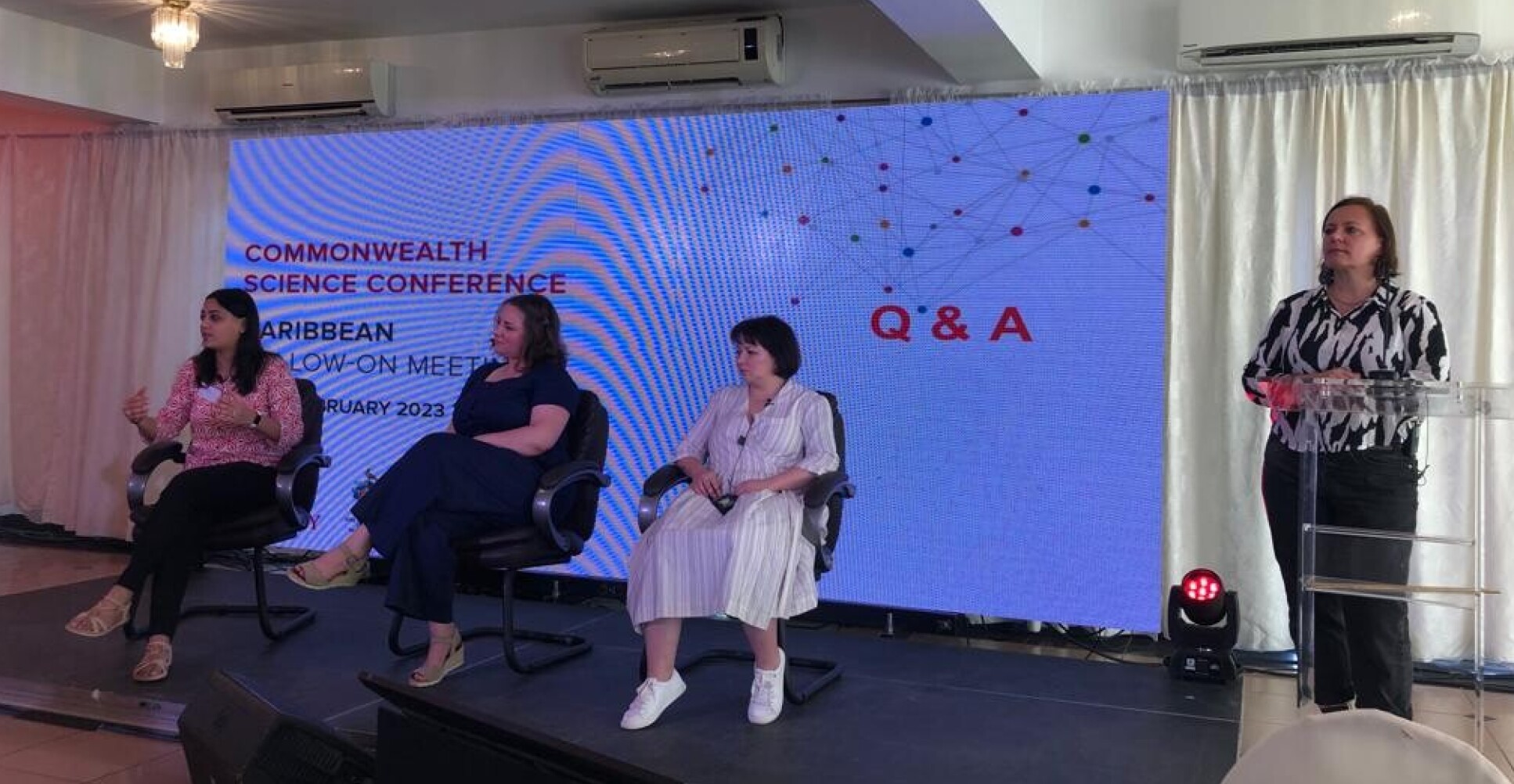
Are you optimistic that this will be possible?
Scientifically we will get there and produce a solution, but it depends on the interplay of economics and policy. All pillars of society have to work, for example having the correct policies in place and the correct financing models to help these technologies break through. There are two different questions, can we do it scientifically? Most likely yes. But will it happen? That is harder to answer.
What drew you to the Grantham Institute?
The interdisciplinarity of the work. I’ve only been here four months, but it is already helping me to broaden my mindset and see where my research fits into the bigger landscape. It helps me to look at my research and rephrase the important questions which I think is a really important opportunity early on in my career.
What do you enjoy about living in London?
It’s super multi-cultural, you can find a huge number of different things to do and so many people from different walks of life. I grew up in Mumbai, so I love living in cities that are loud and vibrant. I find London very lively compared to the rest of the UK.
How do you like to spend your time outside of research?
I like to go to the countryside to go out for long walks and I have a National Trust membership. The Lake District is super pretty, and you’ve managed to convince me that my next trip should be to the Yorkshire Dales. Being in nature really helps me to decompress.
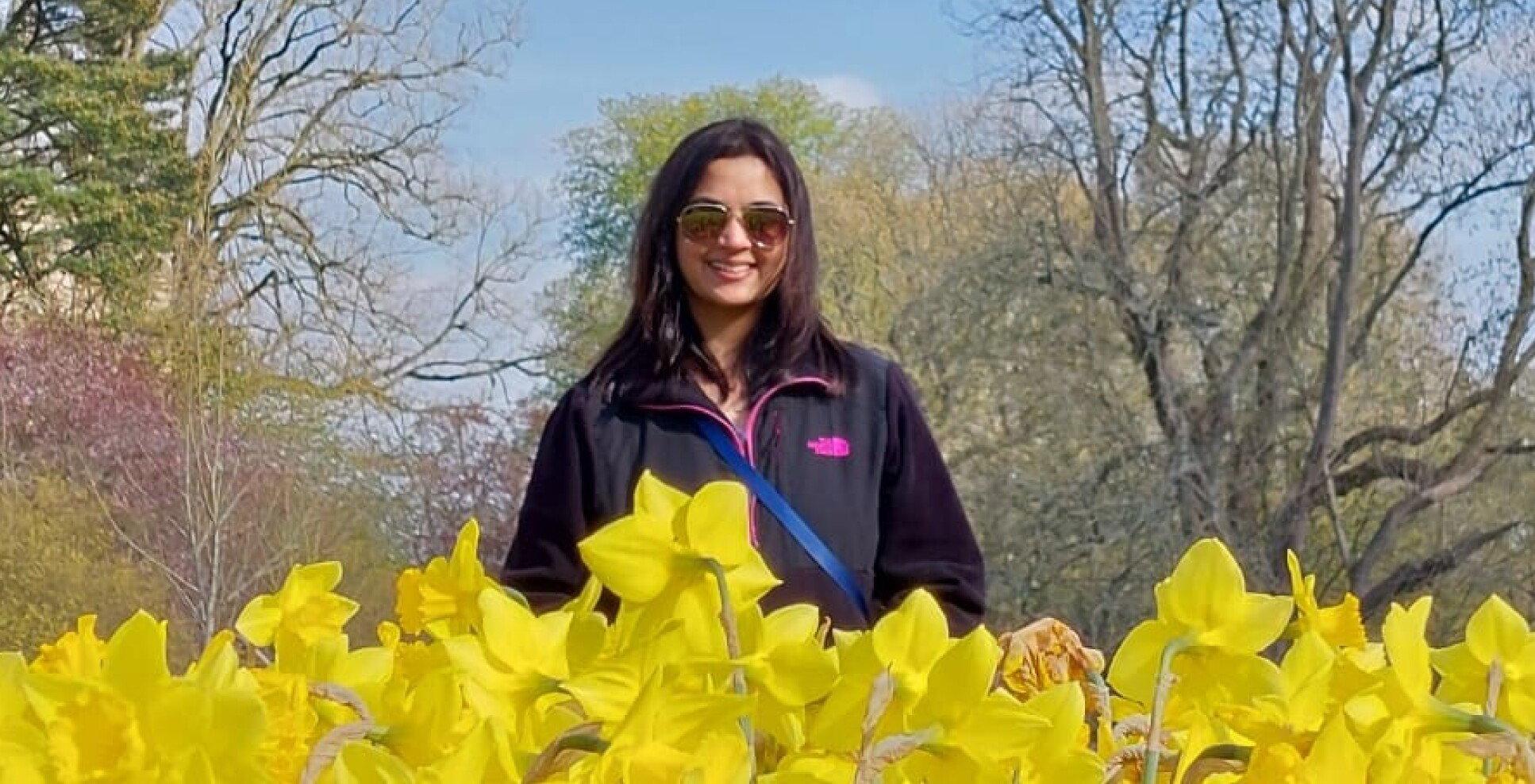
If you had £1 million to spend right now, what would you spend it on?
I have supported UNICEF since I was young. In general, I think there is a lot to be done for children in difficult situations. There’s a lot going on in the world now and young lives that could be so much more productive that are going to waste. Children are the future and there’s so much talent out there that to see them in such difficult situations is sad. And climate change plays a big part in making vulnerable people more vulnerable. So, definitely a lot of it would go there.
What is the one thing you would like to tell the general public when it comes to climate change?
It’s super real, it’s here, but as a collective we can overcome it. There’s enough talent out there, we saw that with Covid-19, if we put enough mind and enough resource behind it then there is no challenge that we can’t overcome. There’s reason to be optimistic about the future.
Supporters

Article text (excluding photos or graphics) © Imperial College London.
Photos and graphics subject to third party copyright used with permission or © Imperial College London.
Reporter
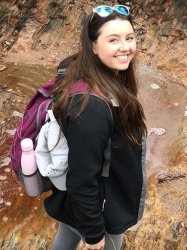
Phoebe Ross
The Grantham Institute for Climate Change

Contact details
Email: p.ross19@imperial.ac.uk
Show all stories by this author



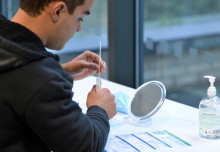
Leave a comment
Your comment may be published, displaying your name as you provide it, unless you request otherwise. Your contact details will never be published.